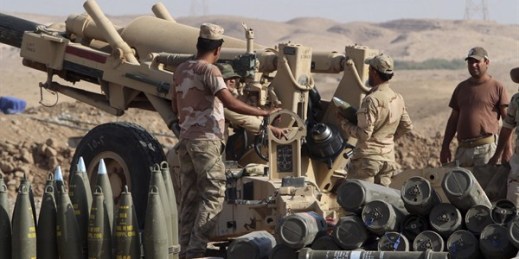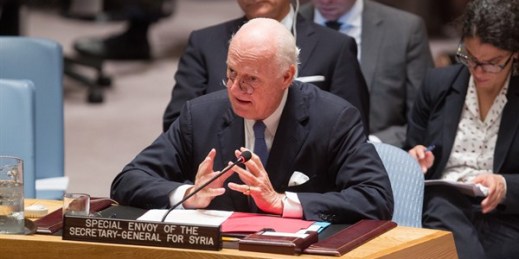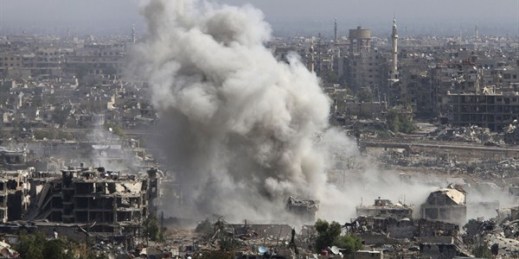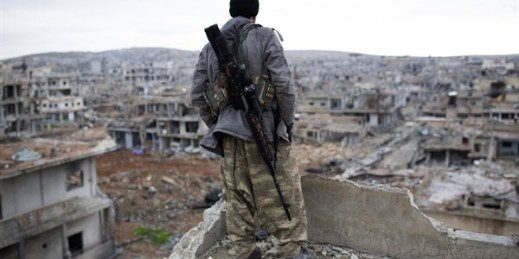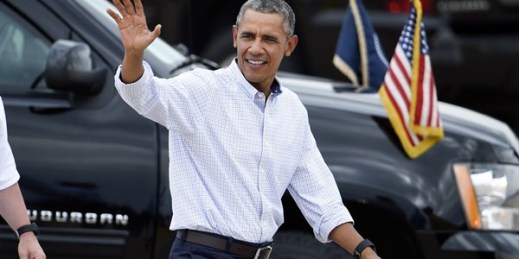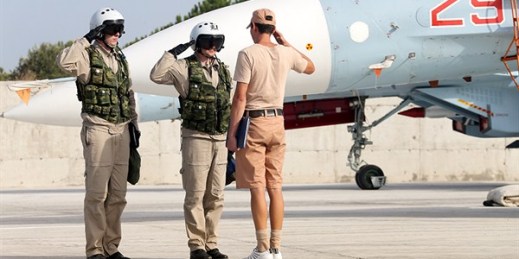
Russia began its military intervention in Syria a month ago, initially declaring that its aim was to take on the self-proclaimed Islamic State. But instead, it immediately started targeting groups that pose the most threat to Bashar al-Assad’s regime, mainly the Islamist coalition of rebel and jihadi groups known as Jaish al-Fatah, or the Army of Conquest, which includes the Nusra Front, al-Qaida’s Syrian branch, as well as more moderate groups backed by Turkey, Saudi Arabia and even the United States. Russia hopes to consolidate the territory controlled by Assad’s forces, which have also launched an offensive on rebel groups […]

